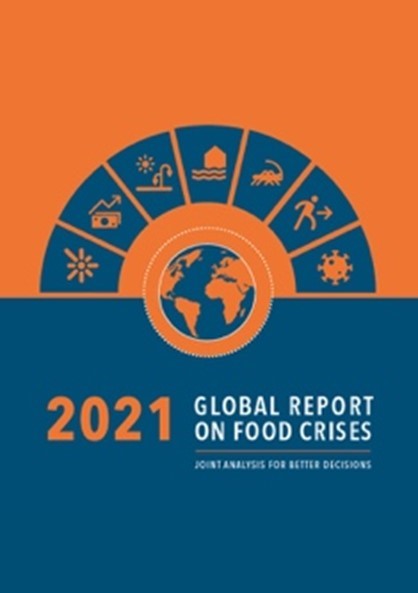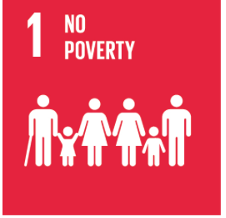ECOSOC at 80: Renewing Multilateralism in an Age of Global Uncertainty
On 23 January, the United Nations Economic and Social Council (ECOSOC) convened a commemorative session…
The development community needs to step up efforts to feed and nourish the more than 690 million people who are hungry today – and the additional 2 billion people the world will have by 2050. The UN Food Systems Summit 2021 and the High Level Political Platform on Sustainable Development provide an opportunity to emphasize the role that resilient agri-food systems play in contributing to sustainable solutions to food crises. This calls for strong innovative, transdisciplinary partnerships that can deliver game changing solutions to feed and nourish the world.
who are hungry today – and the additional 2 billion people the world will have by 2050. The UN Food Systems Summit 2021 and the High Level Political Platform on Sustainable Development provide an opportunity to emphasize the role that resilient agri-food systems play in contributing to sustainable solutions to food crises. This calls for strong innovative, transdisciplinary partnerships that can deliver game changing solutions to feed and nourish the world.
The recently released Global Report on Food Crises 2021 sounds alarm bells and points to an increase in the number of people facing acute food insecurity and requiring urgent food, nutrition and livelihoods assistance. According to the report, the magnitude and severity of food crises worsened in 2020 as protracted conflict, the economic fallout of COVID-19 and weather extremes intensified pre-existing weaknesses.
At least 155 million people were acutely food insecure and in need of urgent assistance or equivalent in 2020 in 55 countries/territories that asked for external assistance – the highest level in five years of report. This represents an increase of nearly 20 million people since 2019, when almost 135 million people were in crisis. Most people in these dire circumstances were in Afghanistan, the Democratic Republic of the Congo, the Sudan and Yemen – with at least 2 million people in Emergency (IPC Phase 4) in each country.

The findings of the fifth edition of the Global Report on Food Crisis make a grim reading, according to the United Nations Secretary-General, António Guterres.
With the COVID-19 pandemic still not under control, many households will face reduced incomes associated with limited labour wage opportunities and delays in payment of government employee salaries. If there is no improvement, the economic consequences may become more severe as the year progresses. 
Now is the moment for interventions that will help those truly most left behind.